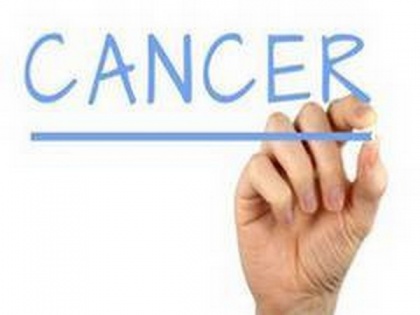Queensland study suggests quarter of population underestimates skin cancer risk
By ANI | Published: October 24, 2020 10:14 PM2020-10-24T22:14:16+5:302020-10-24T22:25:07+5:30
Almost a quarter of the population here underestimates their risk of developing potentially deadly melanomas - with those at highest risk worst at predicting their chances of getting the skin cancers, reveals new research conducted in Queensland.

Queensland study suggests quarter of population underestimates skin cancer risk
Almost a quarter of the population here underestimates their risk of developing potentially deadly melanomas - with those at highest risk worst at predicting their chances of getting the skin cancers, reveals new research conducted in Queensland.
A new QIMR Berghofer research examined data from nearly 42,000 Queenslanders who participated in their QSkin study, the findings of which were published on Tuesday in the Journal of Investigative Dermatology.
The team of researchers asked participants to self-assess their risk of developing melanoma and compared their answers to a score generated by a QIMR Berghofer-developed risk prediction tool.
"We found almost a quarter of respondents underestimated their risk of melanoma by at least two levels. Only about 10 per cent of the respondents overestimated their level of risk," said QIMR Berghofer Deputy Director Professor David Whiteman.
"This suggests they would benefit from better counselling at the time of their first skin cancer diagnosis, to ensure they are made fully aware of their future risk of developing melanoma," said Whiteman who is also the head of the institute's Cancer Control Group.
First author and QIMR Berghofer researcher, Associate Professor Catherine Olsen, said almost 70 per cent of participants had a good idea of their risk level.
"More than 28,500 people correctly identified their risk category or were only one category away. The problem was with the almost 25 per cent of people who weren't close to knowing their risk level," Associate Professor Olsen said.
( With inputs from ANI )
Disclaimer: This post has been auto-published from an agency feed without any modifications to the text and has not been reviewed by an editor
Open in app